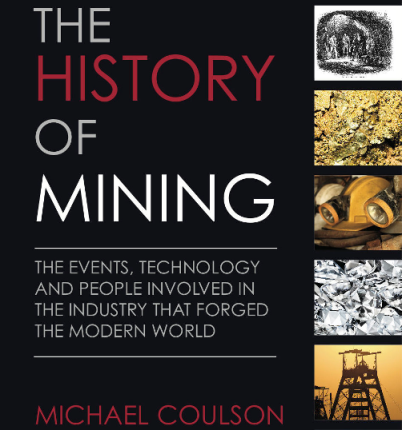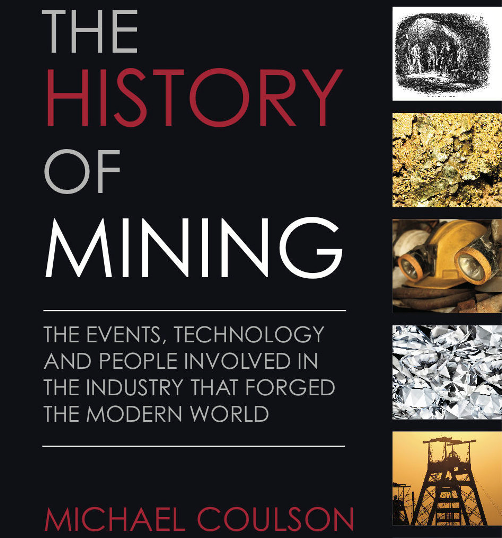742 mineral exploration and development companies surveyed by Vancouver’s Fraser Institute say Indonesia is the worst place to do business out of 96 global jurisdictions.
RENO (MINEWEB) – The mining and exploration companies who responded to 2012/2013 Fraser Institute’s Annual Survey of Mining Companies ranked Finland as the best place to do business, while Indonesia was deemed the worst place for mining and exploration companies.
Along with Finland, the top 10-ranked jurisdictions are Sweden, Alberta, New Brunswick, Wyoming, Ireland, Nevada, Yukon, and Norway. All were in the top 10 last year except for Utah and Norway.
The 10 least attractive jurisdictions for investment are (starting with the worst) Indonesia, Vietnam, DRC (Congo), Kyrgyzstan, Zimbabwe, Bolivia, Guatemala, Philippines, and Greece. All of these jurisdictions except DRC Congo, Greece and Zimbabwe were in the bottom 10 last year.
The jurisdiction deemed to have the best current mineral potential assuming current regulations and land use restrictions is Greenland, followed by Finland, Sweden, Nevada and Saskatchewan. The worst is Bolivia.
























